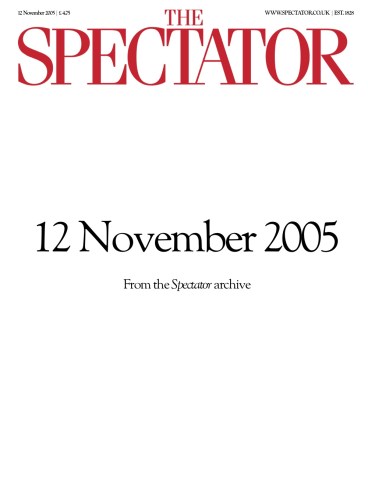Toeing the party line
John Brockman, the New York literary agent and science writer, had an artist friend, James Byars, who had a grand idea. It was ‘to gather the 100 most brilliant minds in the world together in a room, lock them in and have them ask each other the questions they were asking themselves’. The result, he

